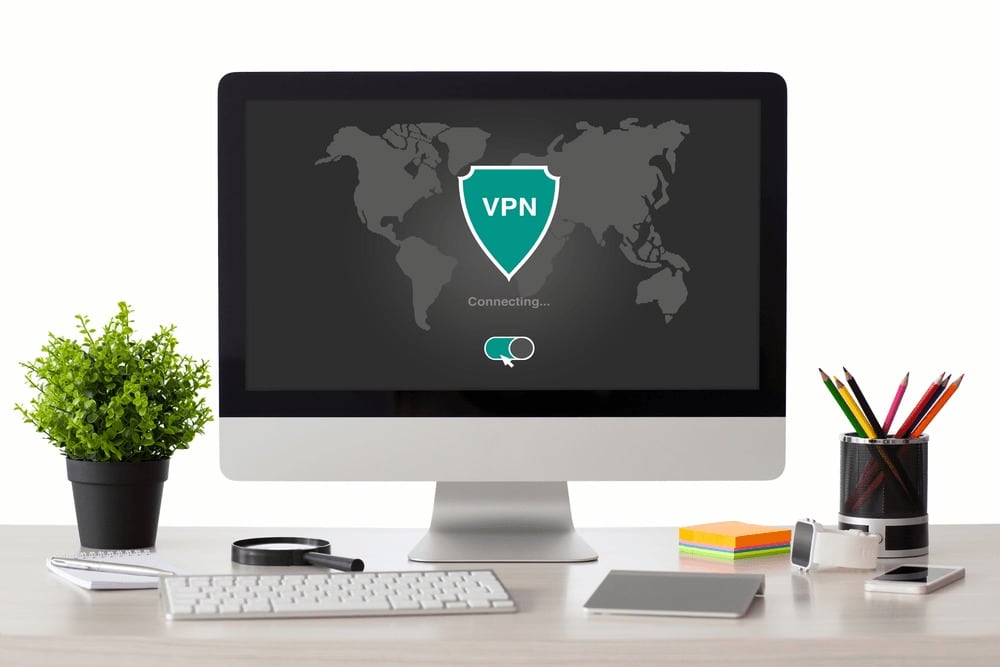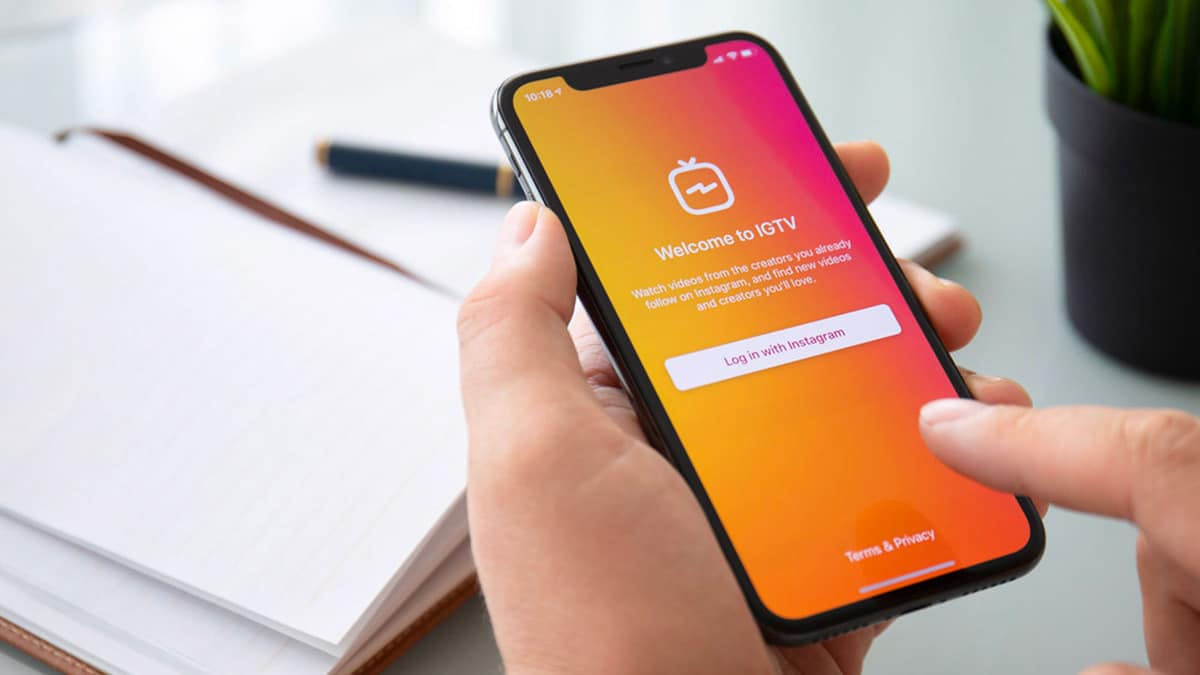Have you ever wondered – how can I find someone‘s location on Facebook? With over 2.91 billion monthly active users, Facebook has become intertwined with our social lives. The platform makes it easy to stay connected with friends and family across cities and countries.
But Facebook‘s suite of location-based features also enables users to view their contacts‘ locations, track their whereabouts, and even stalk their movements.
In this detailed guide, I‘ll showcase different techniques both beginners and tech-savvy users can utilize to pinpoint someone‘s location on Facebook.
Facebook‘s Built-In Location Tracking Features
Facebook offers several opt-in features that allow users to share their locations and view where their friends are. Let‘s explore how each one works:
Nearby Friends – For Coordinating Meetups
The Nearby Friends feature shows a list of friends who have opted into location sharing and are geographically close to you. This can be helpful for coordinating impromptu meetups or checking if your friends are hanging out nearby.
To use it, go to Settings > Location and turn on location sharing. You‘ll then see a map showing friends nearby and the estimated distance.
However, Nearby Friends has limitations:
- Only works for friends who also have the feature enabled. Many users opt-out due to privacy concerns.
- Accuracy depends on factors like device signal strength. Locations can be off by several miles.
- Doesn‘t work well indoors.
- No live tracking – only updates when app is opened.
Overall, it‘s best for casual meetups rather than precision tracking.

Nearby Friends allows opt-in location sharing with friends
Location Tagging in Posts – For Spotting Trends
When creating posts or checking in on Facebook, users can tag their location by clicking on ‘Check in‘ or the Location pin icon. This adds a location tag to the post pinpointing where it was created.
Checking someone‘s recent posts with location tags can give you a good idea of where they‘ve been recently and what places they frequent. However, this approach relies on users accurately tagging their locations – they may opt not to or tag a completely different place for fun.
According to Facebook‘s metrics, an average of 1 million locations are shared daily via user posts. Surveys show over 68% of users below 30 have tagged their locations on social media. So for younger demographics, location-tagged posts can provide a snapshot of their whereabouts.
Live Location Sharing in Messenger – For Coordinating Travel
Facebook Messenger supports live location sharing during chats. To use it:
- Open the chat with the person you want to share with
- Tap on the + sign and select ‘Location‘
- Choose to ‘Share Live Location‘
This will share your real-time location with a friend so they can see where you are moving. It‘s handy for helping friends meet up, coordinating travel, or keeping tabs during a night out.
Of course, the feature only works between confirmed friends on Messenger. And Facebook limits the duration of live location sharing to a maximum of 1-2 hours, after which it automatically stops broadcasting your location. This prevents misuse.
Facebook Events – For Spotting Hangout Venues
Facebook Events contain the host location in the event details. So if one of your friends frequently hosts public events at their home or local venues, looking at their event pages can reveal where they hang out.
However, this only works if the person creates public events with the complete address published. Many users opt to make their events private or exclude the exact address.
Checking Facebook Events is best for getting a general sense of someone‘s regular hangout places rather than pinpointing their home location.
Checking in at Places – For Tracking Movements
Facebook‘s Places feature allows users to ‘Check In‘ at restaurants, landmarks, retail stores, and any venue that supports it. Friends can then view a timeline of the places someone has checked in recently.
Frequent travelers often check-in at airports, hotels, restaurants etc. So monitoring someone‘s check-in history can give you a detailed account of their movements and where they go.
That said, this relies entirely on the user actively checking in at places. Most people check in at fewer than 20% of the places they actually visit, as it‘s easy to forget.
Checking in also requires the Facebook app, so it won‘t work if the user only accesses Facebook on the desktop site.
Third-Party Location Tracking Apps
Dedicated third-party apps offer powerful location tracking capabilities not officially available on Facebook:
Continuously Tracking Someone‘s Location
Apps like EyeZy and TrackView allow you to continuously monitor someone‘s location on a live map in real-time. You‘ll be able to see everywhere they go, with complete location histories.
Some apps even offer timeline playback, so you can view past movements and location history. This gives far more specific location data compared to Facebook‘s sporadic check-ins and nearby friends.
Geofencing and Location Alerts
Monitoring tools support geofencing – setting up a virtual perimeter around a location like a home or workplace. You‘ll then receive alerts whenever the person enters or leaves the area.
This makes it easy to keep tabs on your child‘s school attendance or monitor if an employee is actually at work when they should be.
Accessing Location Data Alongside Chats and Posts
Apps like EyeZy tap into the device‘s data to provide location history alongside the person‘s social media conversations, camera photos, and posts.
So you can gain insight into what they were doing at a location by correlating the location data with their digital activity. This can help make sense of any suspicious locations.
However, installing such apps on someone‘s device without consent raises ethical issues. The practice violates people‘s expectations of privacy.
Unmasking a User‘s IP Address
Finding the IP address linked to someone‘s Facebook account reveals the geographical location or internet service provider the device is accessing Facebook from.
Here are two common techniques used to find a user‘s IP address:
IP Logger Websites
IP logger sites allow creating custom URLs that log the IP address of anyone who clicks on them. To use:
- Get an IP logger script and host it on a website you control.
- Share the unique URL with the target via Facebook Messenger.
- When they click the link, their IP address will be captured by the logger and shown to you.
- Lookup the IP on IP tracking sites to trace the coarse location.
However, Facebook obscures user IP addresses, so this technique is unreliable. Worse still, it raises ethical issues due to deceiving people into revealing private data.
Packet Sniffing Software
Network admins use packet sniffing tools like Wireshark to inspect internet traffic for debugging. The same software can also intercept the target device‘s packets to extract their IP address if you can access their network.
But packet sniffing is highly illegal without authorization. It also requires technical expertise to examine packet data.
Neither method is guaranteed to work on Facebook. The platform masks user IPs specifically to protect privacy.
Ethical Concerns With Location Tracking
While Facebook‘s location data can certainly help coordinate meetups, continuous tracking crosses ethical boundaries:
- It infringes on widely held expectations of privacy and violates user trust. Location tracking should require informed opt-in consent.
- Enables stalking, surveillance, and potentially abusive behaviors by intimates. Domestic violence groups have raised concerns.
- Accessing private account and device data without permission is inherently unethical. And illegal in most jurisdictions.
- Kids and teens may not understand the risks of oversharing locations and are most vulnerable to tracking.
- Users should retain control over how their sensitive personal data is accessed and shared on social media.
- Facebook itself has access to incredible amounts of user location data. It has been involved in several controversies and lawsuits around mishandling this data.
Ultimately, location tracking circumvents people‘s ability to selectively disclose their location. And the potential for misuse far outweighs the benefits.
Safeguarding Your Location Privacy on Facebook
If you‘re concerned about friends and contacts tracking your location on Facebook, here are some steps you can take:
- Turn off location sharing completely in Facebook‘s Settings and App Permissions.
- Restrict location tag access only to certain friend lists or groups if you do want to share.
- Review and limit the list of apps linked to your account. Avoid suspicious third-party apps.
- Use a VPN to mask your IP address from prying tools.
- Enable two-factor authentication for extra security on your account.
- Regularly check and adjust your privacy settings. Facebook frequently changes defaults.
- Consider deleting your Facebook account if you have serious privacy concerns. The company has a spotty record on data practices.
Google Makes Tracking Easier With Location History
Facebook isn‘t the only tech giant providing tools to share and surveil location data.
Google also offers detailed location tracking across its ecosystem of products like Google Maps, Chrome browser, and Android OS. Features like Google Timeline provide a complete log of everywhere a user has been, even without checking in.
And integration across Google‘s apps means tracking someone‘s location history also provides their search history, meetup calendar, and more data.
Disabling web and location history or using Apple devices limits Google‘s tracking abilities. But overall, Google‘s arsenal of location data rivals Facebook‘s capabilities.
Precise Tracking With Dedicated GPS Loggers
Beyond social media, dedicated GPS tracking hardware and apps provide the most precise real-time location tracking. These include:
- Hidden car GPS trackers: Hardwired devices that record vehicle movement 24/7. Helpful for concerned parents of teen drivers.
- GPS locators for luggage/pets: Mini locators like Tile to track objects globally. Can slip into bags but limited battery life.
- Child GPS smartwatches: Kids‘ smartwatches with cellular data help parents track their location. More targeted than spying on their social media.
- GPS tracking apps: Apps like Life360 and Find My Friends for continuous location sharing between family members.
While standalone trackers avoid privacy issues of spying on social media, their use still warrants disclosure. Secretly planting trackers violates personal autonomy.
In Summary
This guide covers various techniques users leverage to pinpoint someone‘s location on Facebook, along with analysis of associated risks and ethical boundaries. While Facebook‘s location-based social features provide value, continuous covert surveillance goes too far without consent. Tread carefully and weigh both perspectives on this complex issue.






